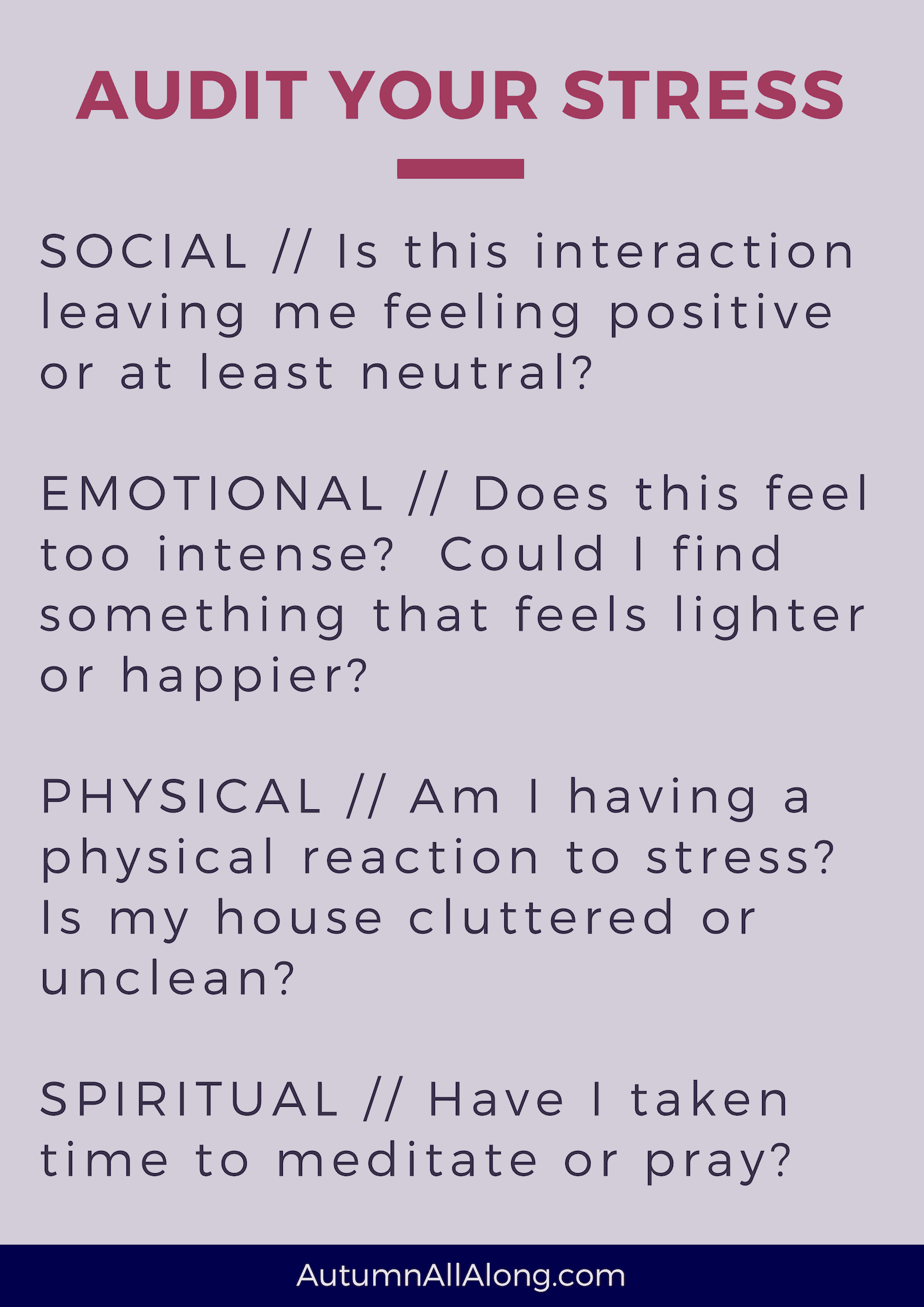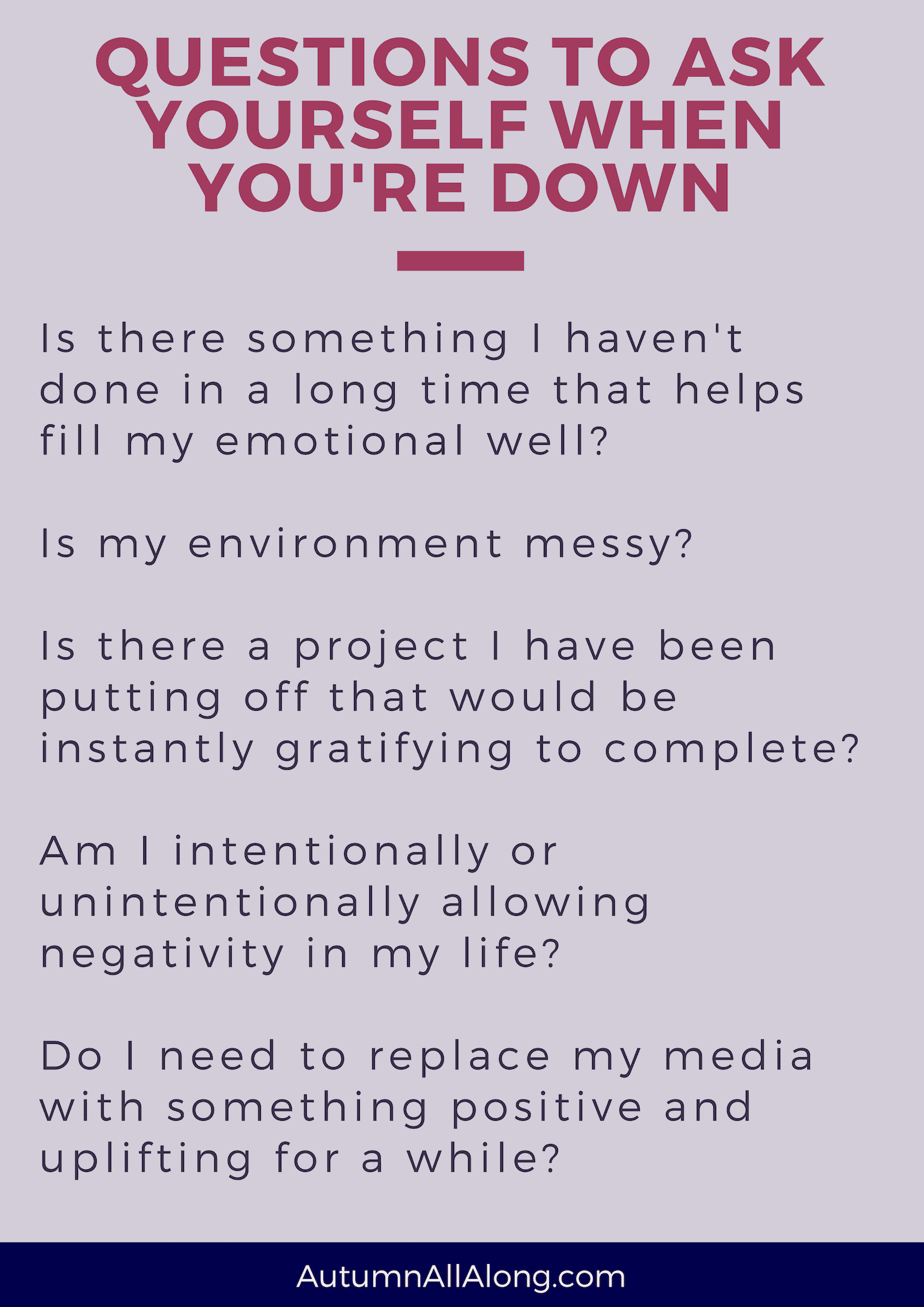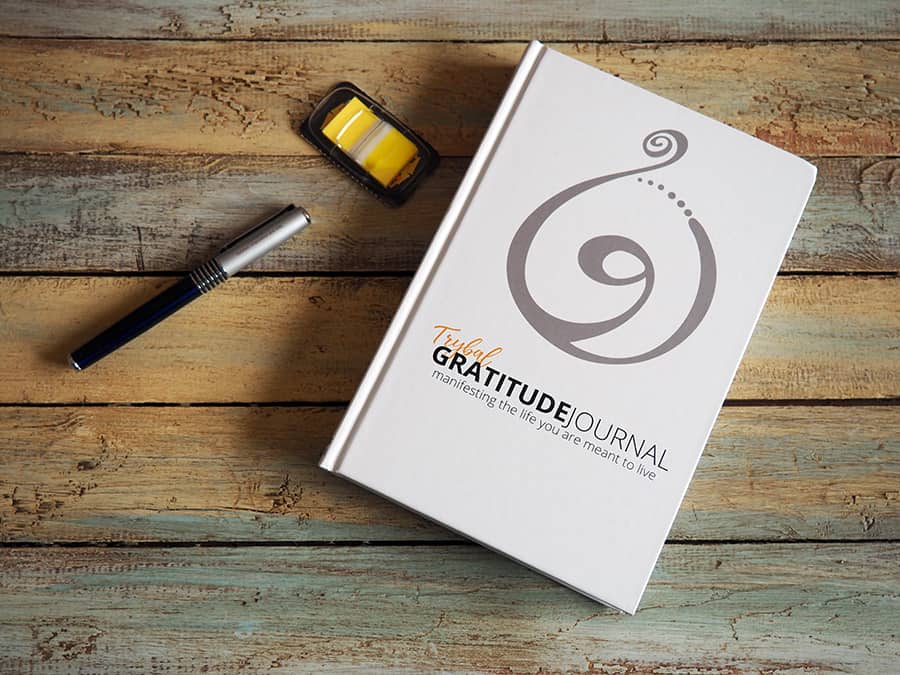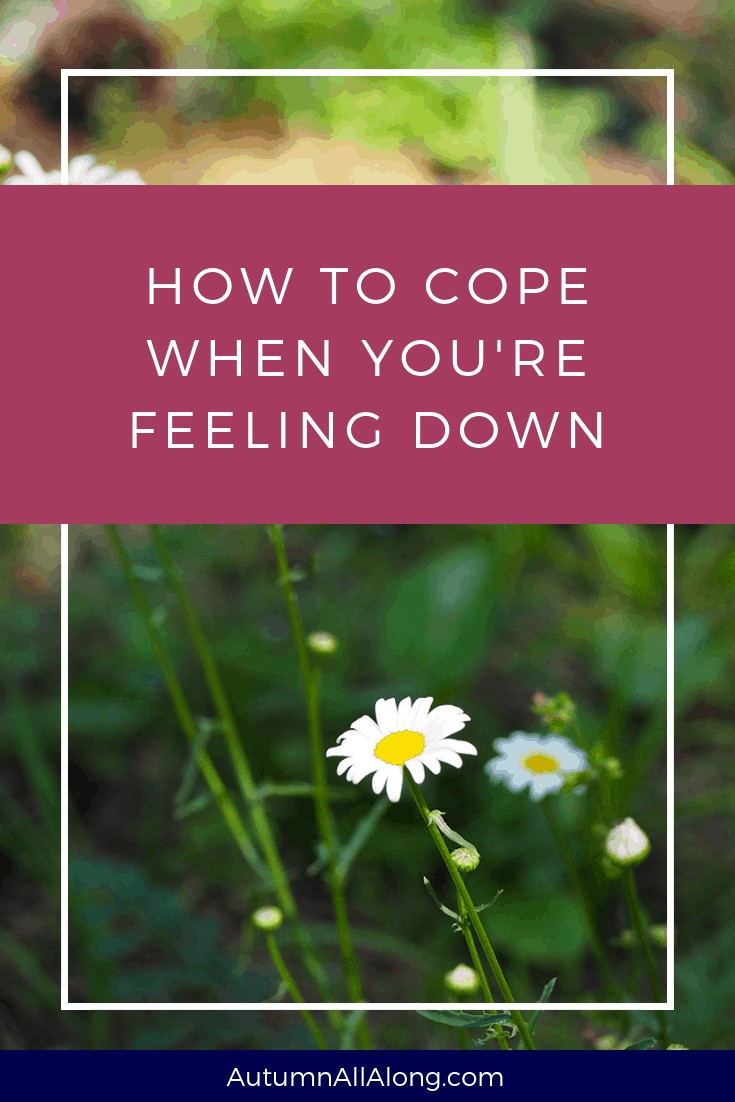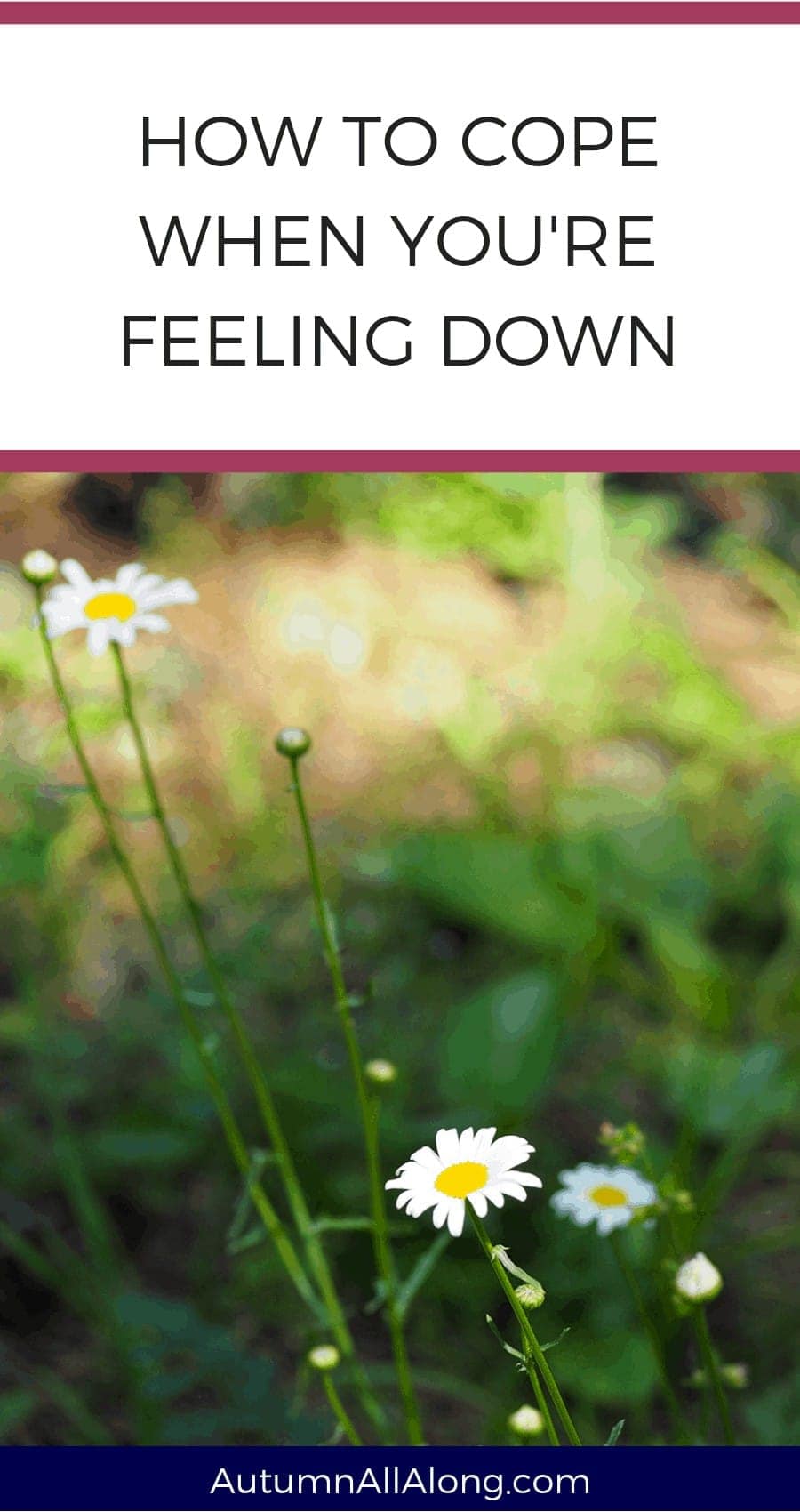This post includes affiliate links which help support Autumn All Along.
For the last few months, my highs have been pretty average, but my lows have been pretty low. I’ve been working on being mindful of when I start to become depressed as well as what is the trigger behind it. Once I start to track my cookie crumbs back to where it began, it seems pretty obvious to me. When it comes down to it though, the little things everyday really matter and it is easy for them to snowball. I feel like it will be a life long journey on learning how to cope when I am feeling down. However, over the last few months, I’ve figured out some things that have helped me be more mindful and aware of what I am experiencing and how to fix it. I’d love to share these with you in hopes that it can be helpful to you as well as hear how you cope when you are feeling down.
RELATED // self-care for seasonal affective disorder
Audit your stress
When we came back from Ireland, I was extremely drained. I’m used to a lot of privacy and alone time. Suddenly though, we were doing most things everyday with my parents and in-laws on our trip. I became sick and probably had bronchitis, but I didn’t want to spend my whole vacation resting either. When we came home, my autoimmune flare ups began and I felt like I was out of commission for a few weeks.
At first, I tried to go back to normal life doing everything I did before, but my flareups were so bad that I knew I had to start eliminating anything that felt it might be stressful.
For the next two months, I did an audit of everything in my life that felt potentially stressful by asking myself some of the questions below.
It was really difficult sometimes to really evaluate these questions. Some were easy: it is easy to feel depressed when your house looks like a depressed person lives there. Other were harder: is that show I am watching really that intense? Are the conversations I am having really taking up all of my emotional energy? The questions kept coming.
Eliminate your stress
From the questions above, I ended up really minimizing everything.
During the next two months, I cut back from basically everything and started adding things back in. I feel like people do elimination diets to figure out allergies and food reactions all of the time, but then we go about our lives the same way every single day and expect our circumstances to magically change. It doesn’t really work that way. Sometimes we become desensitized to stress even though it is constantly humming in the background and taking up mental space; it is easy to forget something is there if you are experiencing it all of the time.
My only social things for the next two months were the Thanksgiving and Christmas dinners we were invited to. If we were invited to do something, we went, but then I came home and evaluated how I felt and if I had the energy to socially put myself out there. I took a break from blogging and slowly started adding that in again. I stopped watching TV and replaced it with books. I brought home my foster bunnies to take up some of my time (and it worked because these guys are MESSY).
I seriously eliminated anything that felt it might be stressful. I needed to recharge and I needed to feel well enough to figure out what things to add back in or what boundaries I needed for myself.
Add things in slowly
This seems obvious, but start adding the things you eliminated back in your life slowly. Some things though, should be obvious if they don’t need space in your life. I am not as social as I used to be. I don’t watch much TV anymore. I have been focusing more on my own personal goals. To be honest, I realized that my previous choices weren’t bad ones, but the amount of energy I have to expend is different for each interaction. When I’m doing really well, I have a lot more energy to expend. When I am figuring out how to cope when I am feeling down, I have very little energy to give.
RELATED // my monthly goals
Focus on yourself
I’ve always been a goal oriented person, but this year I decided I would really start tracking things and making some big expectations for myself. I have been focusing on getting settled here in Georgia. More than focusing on myself though, I’ve been trying to really learn about myself. I’m realizing that the quality of interaction for me is more important than the quantity of times I leave my house. I’m trying to be really mindful of how much energy I really have to expend on interactions (sometimes, not a lot).
When you’ve been down for a while, it can be difficult to even remember what you like. These are some questions below to ask yourself to help yourself connect with what you’ve been missing in your life.
Without fail, I have realized that every time I have become really overwhelmed or depressed for a long time, I have neglected the very life giving hobbies that really add to my life. For me, reading is my favorite way to disconnect, learn, and bring joy to my life. It isn’t a surprise then that the last few months I have been reading Anne of Green Gables because it is seriously the happiest set of books I can think of 🙂 .
Practice gratitude
While being mindful is part of the picture, the other part of what I have been working on is expressing more gratitude. Even when I am depressed, I have realized that gratitude is always something that is uplifting to focus on. There are always things that I can think of that I am happy to have in my life and I am grateful for.
Spiritually, a habit that I have noticed that I do is changing up my prayers. When I feel depressed and I pray, I try to name all of the things I am grateful for because I realize that I am already thinking of my deficits all day. In a particularly challenging part of grad school that I had, the one thing I would usually pray for every morning was “for help in seeing just one blessing or gift I have in my life that particular day.” At the end of the day, I would specifically thank God for that little miracle; was the miracle seeing the blessing or was it the fact that I had the blessing itself? I have no idea, but it always made me feel that God was mindful of me even when I was struggling.
Something else I am revitalizing is gratitude journaling. For several years, I used to post my gratitude journal on my blog; it was made of one sentence everyday that I would post at the end of every month. However, it didn’t feel constructive enough to actually do anything for me. I realized if I was going to be practicing gratitude that it needed to be more of a targeted behavior with more reflection.
I absolutely love Alexsys Thompson’s Trybal Gratitude Journal because it offers both a constructive space to write, but also a place to be be inspired to be more grateful. When I was doing my daily gratitude prompts before that it was lacking the depth that this journal provides. Alexsys gives instructions on how to fully access gratitude in your life, shows you examples of how to really use your daily journal provided in the book to explore your gratitude, and gives you a spot to customize the date everyday (important for people like me who don’t journal everyday!). The book is cute and I’ve really enjoyed working through it slowly. The book is thick enough that I’ll be able to use this journal for a long time to come!
Realize sometimes it isn’t all within control
Sometimes, we can employ all of the strategies in the world and still feel depressed. Sometimes regardless of the things we eliminate, we still have structural limitations that we cannot remove that are very difficult for us.
I go to therapy one to two times a month for my anxiety disorder. I take SSRI medication for my chemical imbalance. I have blood drawn every three months for my autoimmune illness (which can heavily impact my emotional state if it is not treated properly). The list keeps going, but there is no shame in needing professional or medical help. I feel both help me greatly and help me be my best self!
………………………………….
Figuring out how to cope when I am feeling down will be a long journey, but I think it is one that is worth pursuing. Learning and exploring everyday is so important, but we oftentimes avoid learning more about the things in our life that makes us uncomfortable. It is much easier to deny or hope things go away than to delve into why you feel depressed or if you need help; however, those very actions isolate us in our feelings even more. Learning how to cope when I am feeling down has been very beneficial to me in my life and I’m happy I have been able to share some of these tips.


